Kevin Kruse – One Nation Under God: How Corporate America Invented Christian America
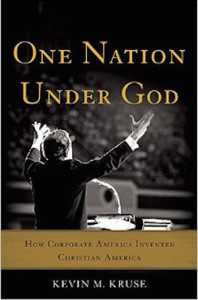 In this show, I speak with Princeton history professor, Kevin Kruse. Professor Kruse is the author of White Flight: Atlanta and the Making of Modern Conservatism, and the subject of Saturday’s show, One Nation Under God: How Corporate America Invented Christian America, released on April 14th.
In this show, I speak with Princeton history professor, Kevin Kruse. Professor Kruse is the author of White Flight: Atlanta and the Making of Modern Conservatism, and the subject of Saturday’s show, One Nation Under God: How Corporate America Invented Christian America, released on April 14th.
Professor Kruse originally set out to write a book on the rise of the religious right, which he assumed would focus on Americans’ fear of the “godless Communists” of the Cold War. He discovered however that this generally accepted theory missed the mark, and that it was in fact corporate America that used religious beliefs to promote propaganda decades earlier that would tie religion and neoliberal capitalism together. The phrase “One Nation Under God,” and “In God We Trust” did not stem solely from fear during the Cold War, but was instead promoted, organized, and funded by corporate interests.
The Author
Kevin M. Kruse is a Princeton history professor, studying the political, social, and urban/suburban history of 20th-century America, with particular interest in the making of modern conservatism. Focused on conflicts over race, rights, and religion, he also studies the postwar South and modern suburbia. He is also a member of the Executive Committee of the Center for the Study of Religion.
Professor Kruse is the author of White Flight: Atlanta and the Making of Modern Conservatism (2005), as well as co-editor of three collections: The New Suburban History (Historical Studies of Urban America) with Thomas Sugrue; Spaces of the Modern City (2008), with Gyan Prakash; and Fog of War: The Second World War and the Civil Rights Movement (2012) with Stephen Tuck. His newest work is One Nation Under God: How Corporate America Invented Christian America (2015), a study of the rise of American religious nationalism in the mid-twentieth century.
His first book, White Flight, won prizes including the 2007 Francis B. Simkins Award from the Southern Historical Association (for the best first book in Southern history, 2005-2006) and the 2007 Best Book Award in Urban Politics from the American Political Science Association. In addition, Professor Kruse has been honored as one of America’s top young “Innovators in the Arts and Sciences” by the Smithsonian Magazine, selected as one of the top young historians in the country by the History News Network, and named a Distinguished Lecturer by the Organization of American Historians.
Quotes
Coming Soon


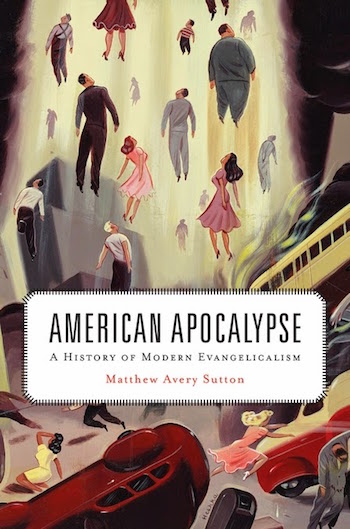
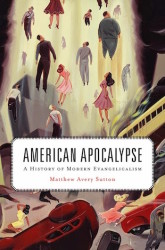 This Saturday, host Matthew LaClair interviews Professor
This Saturday, host Matthew LaClair interviews Professor  Professor Matthew Avery Sutton teaches religious, cultural, and 20th century US History at Washington State University. He is the author of three books, starting with
Professor Matthew Avery Sutton teaches religious, cultural, and 20th century US History at Washington State University. He is the author of three books, starting with 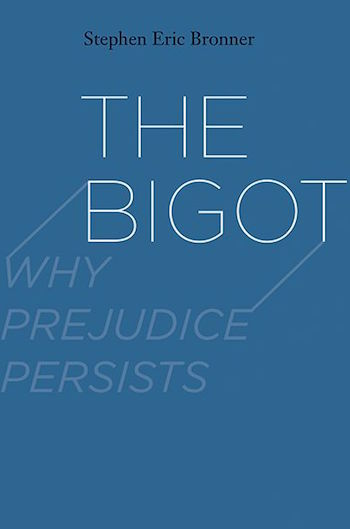
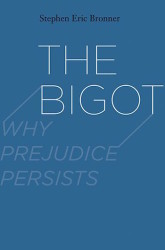 What are the conditions which lead to bigotry? How common is bigotry in American society today, and how does it manifest itself in our post civil rights, gay rights, and women’s rights culture? Has the twice elected, first black president helped cool the flames of prejudice and racism, or has it fanned them instead? And how do we challenge bigotry if it is so deeply rooted in many segments of American culture and around the world?
What are the conditions which lead to bigotry? How common is bigotry in American society today, and how does it manifest itself in our post civil rights, gay rights, and women’s rights culture? Has the twice elected, first black president helped cool the flames of prejudice and racism, or has it fanned them instead? And how do we challenge bigotry if it is so deeply rooted in many segments of American culture and around the world?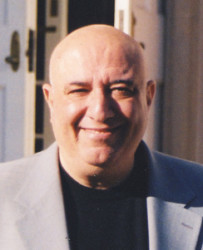 Professor Stephen Eric Bronner is a noted political theorist and Distinguished Professor of Political Science, Comparative Literature, and German Studies at Rutgers University in New Brunswick.
Professor Stephen Eric Bronner is a noted political theorist and Distinguished Professor of Political Science, Comparative Literature, and German Studies at Rutgers University in New Brunswick.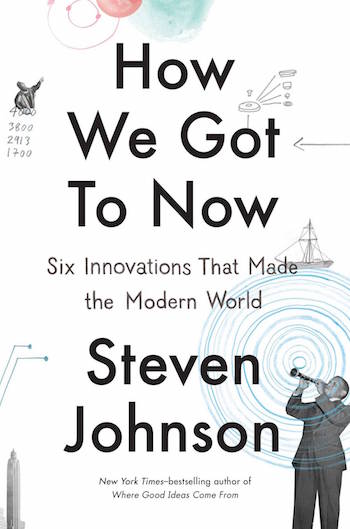
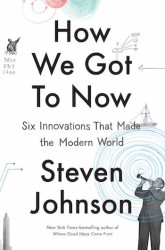 In How We Got to Now: Six Innovations that Made the Modern World, science author and media theorist Steven Johnson examines key scientific innovations which not only created the modern world as we know it, but that without, we’d probably be a very different species at this point. How did these innovations come about? What were the historical determinants which allowed some to invent entirely new technologies, and what was the relationship between advances in science as a research endeavor to know the world around us, and these inventions.
In How We Got to Now: Six Innovations that Made the Modern World, science author and media theorist Steven Johnson examines key scientific innovations which not only created the modern world as we know it, but that without, we’d probably be a very different species at this point. How did these innovations come about? What were the historical determinants which allowed some to invent entirely new technologies, and what was the relationship between advances in science as a research endeavor to know the world around us, and these inventions. Johnson is the author of eight books on the intersection of science, technology, and personal experience. He has also co-created three influential web sites: the pioneering online magazine
Johnson is the author of eight books on the intersection of science, technology, and personal experience. He has also co-created three influential web sites: the pioneering online magazine 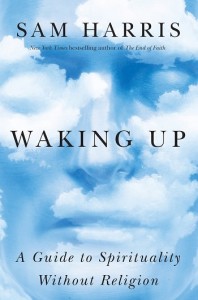 This Saturday, host Matthew LaClair speaks with neuroscientist, philosopher, and author
This Saturday, host Matthew LaClair speaks with neuroscientist, philosopher, and author